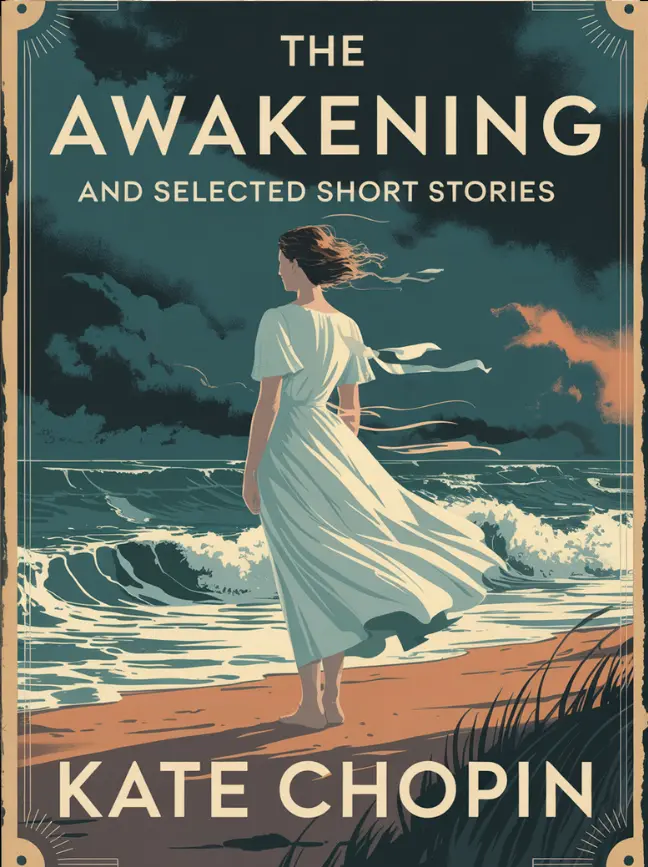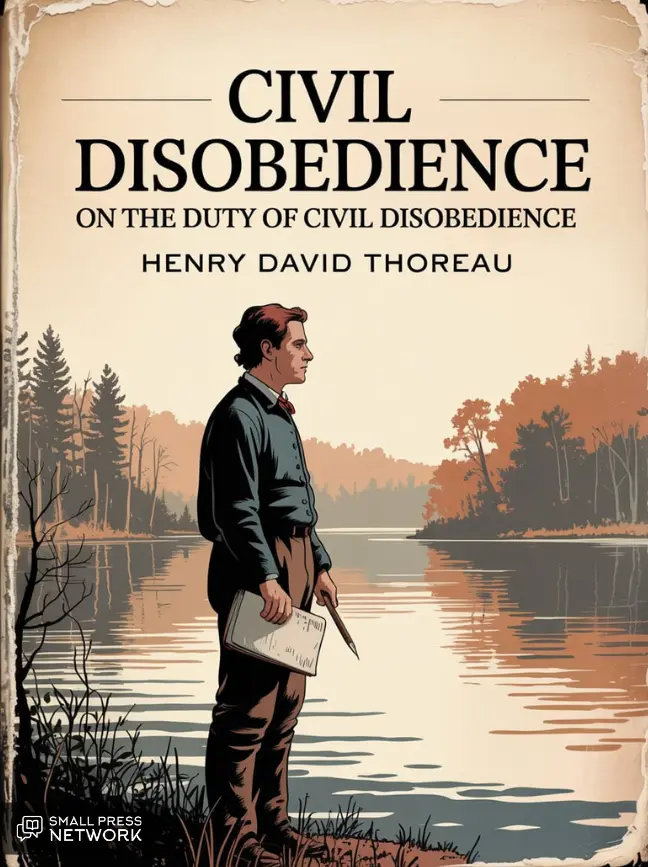152
Chapter XV
Between three and four o’clock in the afternoon Prince Andrew, who had persisted in his request to Kutúzov, arrived at Grunth and reported himself to Bagratión. Bonaparte’s adjutant had not yet reached Murat’s detachment and the battle had not yet begun. In Bagratión’s detachment no one knew anything of the general position of affairs. They talked of peace but did not believe in its possibility; others talked of a battle but also disbelieved in the nearness of an engagement. Bagratión, knowing Bolkónski to be a favorite and trusted adjutant, received him with distinction and special marks of favor, explaining to him that there would probably be an engagement that day or the next, and giving him full liberty to remain with him during the battle or to join the rearguard and have an eye on the order of retreat, “which is also very important.”
“However, there will hardly be an engagement today,” said Bagratión as if to reassure Prince Andrew.
“If he is one of the ordinary little staff dandies sent to earn a medal he can get his reward just as well in the rearguard, but if he wishes to stay with me, let him… he’ll be of use here if he’s a brave officer,” thought Bagratión. Prince Andrew, without replying, asked the prince’s permission to ride round the position to see the disposition of the forces, so as to know his bearings should he be sent to execute an order. The officer on duty, a handsome, elegantly dressed man with a diamond ring on his forefinger, who was fond of speaking French though he spoke it badly, offered to conduct Prince Andrew.
On all sides they saw rain-soaked officers with dejected faces who seemed to be seeking something, and soldiers dragging doors, benches, and fencing from the village.
“There now, Prince! We can’t stop those fellows,” said the staff officer pointing to the soldiers. “The officers don’t keep them in hand. And there,” he pointed to a sutler’s tent, “they crowd in and sit. This morning I turned them all out and now look, it’s full again. I must go there, Prince, and scare them a bit. It won’t take a moment.”
“Yes, let’s go in and I will get myself a roll and some cheese,” said Prince Andrew who had not yet had time to eat anything.
“Why didn’t you mention it, Prince? I would have offered you something.”
They dismounted and entered the tent. Several officers, with flushed and weary faces, were sitting at the table eating and drinking.
“Now what does this mean, gentlemen?” said the staff officer, in the reproachful tone of a man who has repeated the same thing more than once. “You know it won’t do to leave your posts like this. The prince gave orders that no one should leave his post. Now you, Captain,” and he turned to a thin, dirty little artillery officer who without his boots (he had given them to the canteen keeper to dry), in only his stockings, rose when they entered, smiling not altogether comfortably.
“Well, aren’t you ashamed of yourself, Captain Túshin?” he continued. “One would think that as an artillery officer you would set a good example, yet here you are without your boots!
The alarm will be sounded and you’ll be in a pretty position without your boots!” (The staff officer smiled.) “Kindly return to your posts, gentlemen, all of you, all!” he added in a tone of command.
153
Prince Andrew smiled involuntarily as he looked at the artillery officer Túshin, who silent and smiling, shifting from one stockinged foot to the other, glanced inquiringly with his large, intelligent, kindly eyes from Prince Andrew to the staff officer.
“The soldiers say it feels easier without boots,” said Captain Túshin smiling shyly in his uncomfortable position, evidently wishing to adopt a jocular tone. But before he had finished he felt that his jest was unacceptable and had not come off. He grew confused.
“Kindly return to your posts,” said the staff officer trying to preserve his gravity.
Prince Andrew glanced again at the artillery officer’s small figure. There was something peculiar about it, quite unsoldierly, rather comic, but extremely attractive.
The staff officer and Prince Andrew mounted their horses and rode on.
Having ridden beyond the village, continually meeting and overtaking soldiers and officers of various regiments, they saw on their left some entrenchments being thrown up, the freshly dug clay of which showed up red. Several battalions of soldiers, in their shirt sleeves despite the cold wind, swarmed in these earthworks like a host of white ants; spadefuls of red clay were continually being thrown up from behind the bank by unseen hands. Prince Andrew and the officer rode up, looked at the entrenchment, and went on again. Just behind it they came upon some dozens of soldiers, continually replaced by others, who ran from the entrenchment. They had to hold their noses and put their horses to a trot to escape from the poisoned atmosphere of these latrines.
“Voilà l’agrément des camps, monsieur le prince,” 34 said the staff officer.
They rode up the opposite hill. From there the French could already be seen. Prince Andrew stopped and began examining the position.
“That’s our battery,” said the staff officer indicating the highest point. “It’s in charge of the queer fellow we saw without his boots. You can see everything from there; let’s go there, Prince.”
“Thank you very much, I will go on alone,” said Prince Andrew, wishing to rid himself of this staff officer’s company, “please don’t trouble yourself further.”
The staff officer remained behind and Prince Andrew rode on alone.
The farther forward and nearer the enemy he went, the more orderly and cheerful were the troops. The greatest disorder and depression had been in the baggage train he had passed that morning on the Znaim road seven miles away from the French. At Grunth also some apprehension and alarm could be felt, but the nearer Prince Andrew came to the French lines the more confident was the appearance of our troops. The soldiers in their greatcoats were ranged in lines, the sergeants major and company officers were counting the men, poking the last man in each section in the ribs and telling him to hold his hand up. Soldiers scattered over the whole place were dragging logs and brushwood and were building shelters with merry chatter and laughter; around the fires sat others, dressed and undressed, drying their shirts and leg bands or mending boots or overcoats and crowding round the boilers and porridge cookers. In one company dinner was ready, and the soldiers were gazing eagerly at the steaming boiler, waiting till the sample, which a quartermaster sergeant was carrying in a wooden bowl to an officer who sat on a log before his shelter, had been tasted.
Another company, a lucky one for not all the companies had vodka, crowded round a pockmarked, broad-shouldered sergeant major who, tilting a keg, filled one after another the
34
“This is a pleasure one gets in camp, Prince.”
154
canteen lids held out to him. The soldiers lifted the canteen lids to their lips with reverential faces, emptied them, rolling the vodka in their mouths, and walked away from the sergeant major with brightened expressions, licking their lips and wiping them on the sleeves of their greatcoats. All their faces were as serene as if all this were happening at home awaiting peaceful encampment, and not within sight of the enemy before an action in which at least half of them would be left on the field. After passing a chasseur regiment and in the lines of the Kiev grenadiers—fine fellows busy with similar peaceful affairs—near the shelter of the regimental commander, higher than and different from the others, Prince Andrew came out in front of a platoon of grenadiers before whom lay a naked man. Two soldiers held him while two others were flourishing their switches and striking him regularly on his bare back. The man shrieked unnaturally. A stout major was pacing up and down the line, and regardless of the screams kept repeating: “It’s a shame for a soldier to steal; a soldier must be honest, honorable, and brave, but if he robs his fellows there is no honor in him, he’s a scoundrel. Go on! Go on!”
So the swishing sound of the strokes, and the desperate but unnatural screams, continued.
“Go on, go on!” said the major.
A young officer with a bewildered and pained expression on his face stepped away from the man and looked round inquiringly at the adjutant as he rode by.
Prince Andrew, having reached the front line, rode along it. Our front line and that of the enemy were far apart on the right and left flanks, but in the center where the men with a flag of truce had passed that morning, the lines were so near together that the men could see one another’s faces and speak to one another. Besides the soldiers who formed the picket line on either side, there were many curious onlookers who, jesting and laughing, stared at their strange foreign enemies.
Since early morning—despite an injunction not to approach the picket line—the officers had been unable to keep sight-seers away. The soldiers forming the picket line, like showmen exhibiting a curiosity, no longer looked at the French but paid attention to the sight-seers and grew weary waiting to be relieved. Prince Andrew halted to have a look at the French.
“Look! Look there!” one soldier was saying to another, pointing to a Russian musketeer who had gone up to the picket line with an officer and was rapidly and excitedly talking to a French grenadier. “Hark to him jabbering! Fine, isn’t it? It’s all the Frenchy can do to keep up with him. There now, Sídorov!”
“Wait a bit and listen. It’s fine!” answered Sídorov, who was considered an adept at French.
The soldier to whom the laughers referred was Dólokhov. Prince Andrew recognized him and stopped to listen to what he was saying. Dólokhov had come from the left flank where their regiment was stationed, with his captain.
“Now then, go on, go on!” incited the officer, bending forward and trying not to lose a word of the speech which was incomprehensible to him. “More, please: more! What’s he saying?”
Dólokhov did not answer the captain; he had been drawn into a hot dispute with the French grenadier. They were naturally talking about the campaign. The Frenchman, confusing the Austrians with the Russians, was trying to prove that the Russians had surrendered and had fled all the way from Ulm, while Dólokhov maintained that the Russians had not surrendered but had beaten the French.
“We have orders to drive you off here, and we shall drive you off,” said Dólokhov.
155
“Only take care you and your Cossacks are not all captured!” said the French grenadier.
The French onlookers and listeners laughed.
“We’ll make you dance as we did under Suvórov…,” 35 said Dólokhov.
“Qu’ est-ce qu’il chante?” 36 asked a Frenchman.
“It’s ancient history,” said another, guessing that it referred to a former war. “The Emperor will teach your Suvara as he has taught the others…”
“Bonaparte…” began Dólokhov, but the Frenchman interrupted him.
“Not Bonaparte. He is the Emperor! Sacré nom…!” cried he angrily.
“The devil skin your Emperor.”
And Dólokhov swore at him in coarse soldier’s Russian and shouldering his musket walked away.
“Let us go, Iván Lukích,” he said to the captain.
“Ah, that’s the way to talk French,” said the picket soldiers. “Now, Sídorov, you have a try!”
Sídorov, turning to the French, winked, and began to jabber meaningless sounds very fast: “Kari, mala, tafa, safi, muter, Kaská,” he said, trying to give an expressive intonation to his voice.
“Ho! ho! ho! Ha! ha! ha! ha! Ouh! ouh!” came peals of such healthy and good-humored laughter from the soldiers that it infected the French involuntarily, so much so that the only thing left to do seemed to be to unload the muskets, explode the ammunition, and all return home as quickly as possible.
But the guns remained loaded, the loopholes in blockhouses and entrenchments looked out just as menacingly, and the unlimbered cannon confronted one another as before.
35
“On vous fera danser.”
36
“What’s he singing about?”





